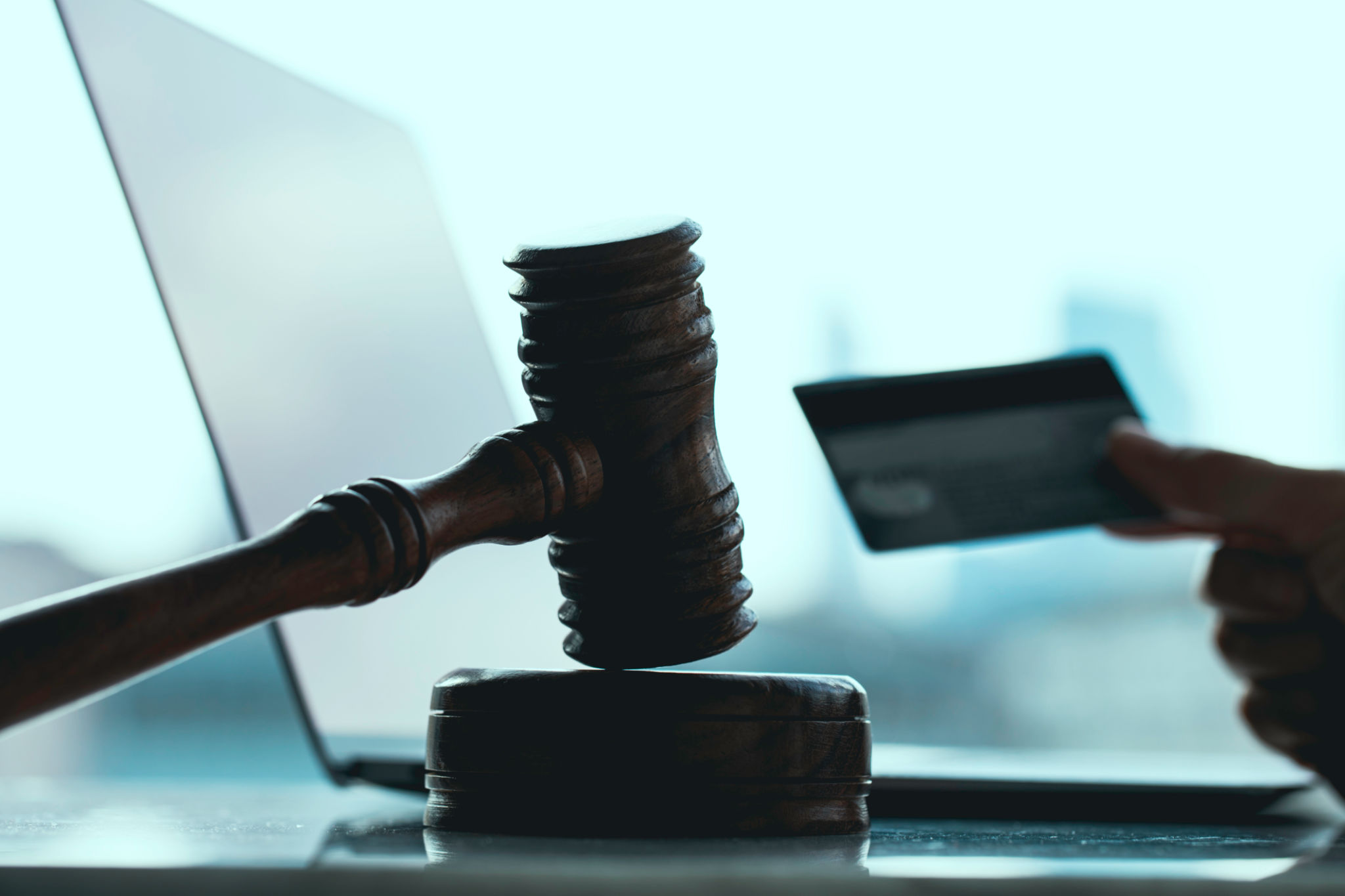Legal Protection in Debt Resolution: What You Need to Know
Understanding Legal Protection in Debt Resolution
When dealing with debt resolution, it’s crucial to understand the legal protections available to you. These laws are designed to safeguard consumers from unfair practices and ensure that debt resolution processes are conducted fairly and transparently. Familiarizing yourself with these protections can empower you to handle your financial obligations more effectively.

Key Legal Protections in Debt Resolution
Several legal protections exist to help consumers manage their debts. The Fair Debt Collection Practices Act (FDCPA) is one of the most significant pieces of legislation in this area. It prevents debt collectors from using abusive, unfair, or deceptive practices when collecting debts. If you're being harassed by debt collectors, knowing your rights under this act can be invaluable.
Another important regulation is the Credit Repair Organizations Act (CROA), which ensures that credit repair companies provide transparent and honest services. This act prohibits misleading practices and requires companies to provide a written contract outlining their services.
Steps to Take if You’re Facing Unfair Practices
If you believe a debt collector is violating your rights, there are steps you can take to protect yourself. First, request verification of the debt in writing. This will help ensure that the debt is legitimate and that you owe it. If harassment continues, you can file a complaint with the Consumer Financial Protection Bureau (CFPB) or consult a lawyer specializing in consumer protection.

The Role of Bankruptcy in Debt Resolution
Bankruptcy is a legal option that offers protection from creditors while allowing you to reorganize or eliminate your debts. There are different types of bankruptcy, such as Chapter 7 and Chapter 13, each with specific criteria and implications. While this option can provide relief, it’s essential to understand the long-term impact on your credit score and financial future.
Consulting with a bankruptcy attorney can help you navigate this complex process and determine whether it’s the right option for your situation. Remember, bankruptcy should be considered a last resort after exploring other debt resolution strategies.
Seeking Professional Guidance
Debt resolution can be complicated, and professional guidance can make a significant difference. Credit counseling agencies can provide advice on managing your debts and creating a feasible repayment plan. However, it’s crucial to choose a reputable agency accredited by organizations like the National Foundation for Credit Counseling (NFCC).

In addition to credit counseling, consider consulting with a financial advisor who can offer personalized strategies tailored to your financial situation. Their expertise can help you make informed decisions and avoid common pitfalls in debt resolution.
Conclusion: Empowering Yourself with Knowledge
Legal protection in debt resolution is essential for safeguarding your rights and ensuring fair treatment. By understanding key legislation, knowing how to respond to unfair practices, and seeking professional guidance, you can manage your debts more effectively. Empower yourself with knowledge and take control of your financial future today.